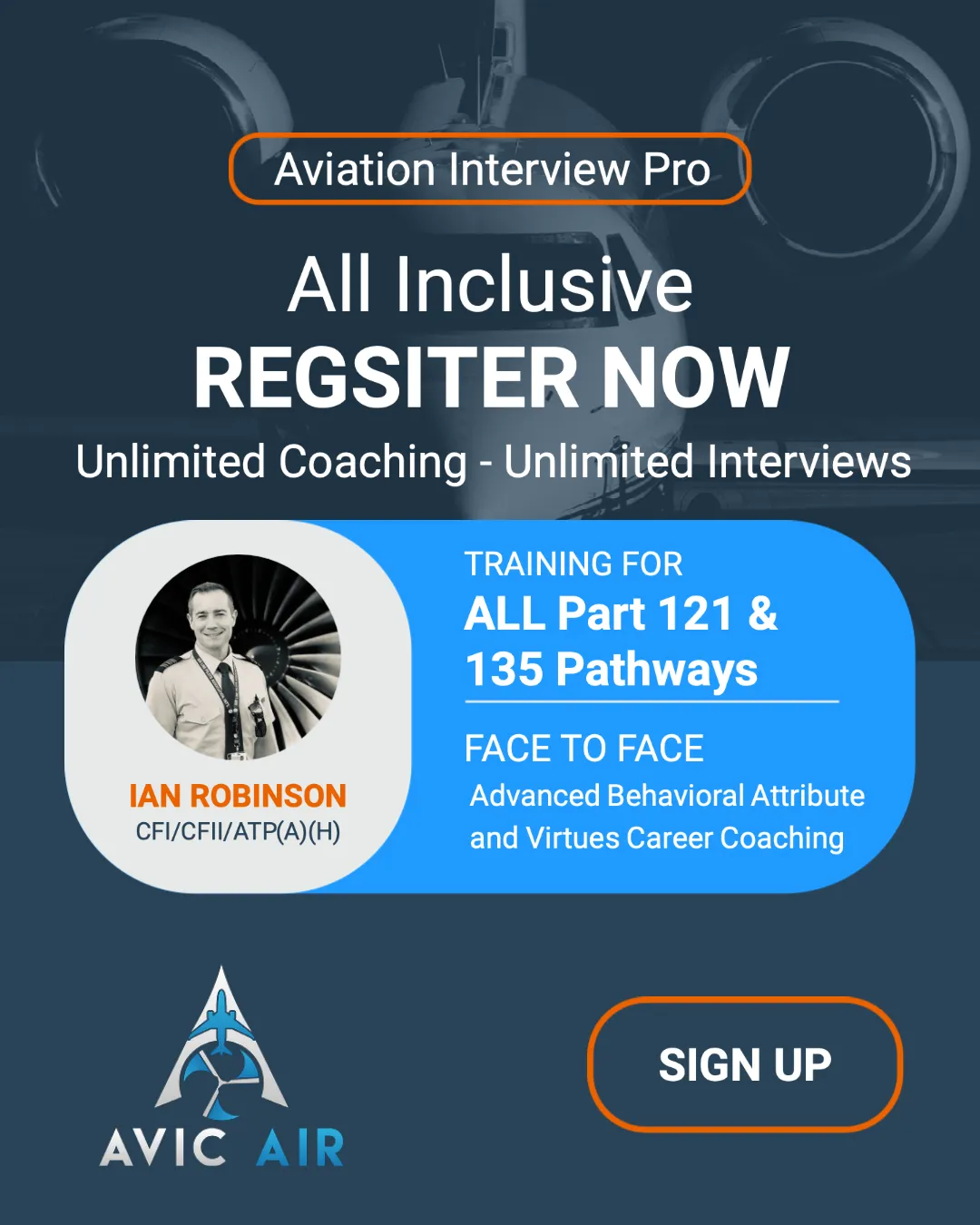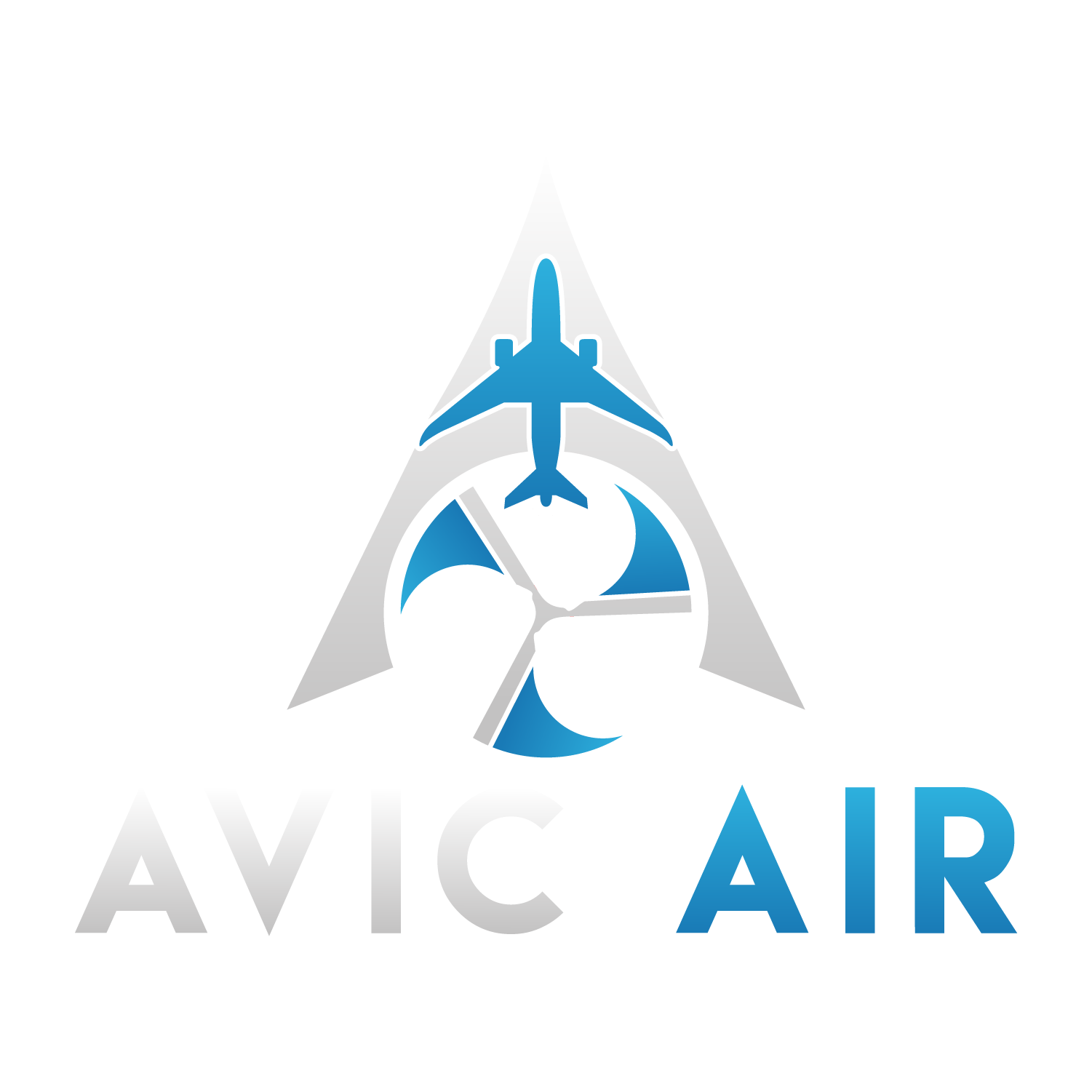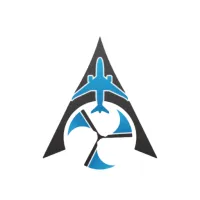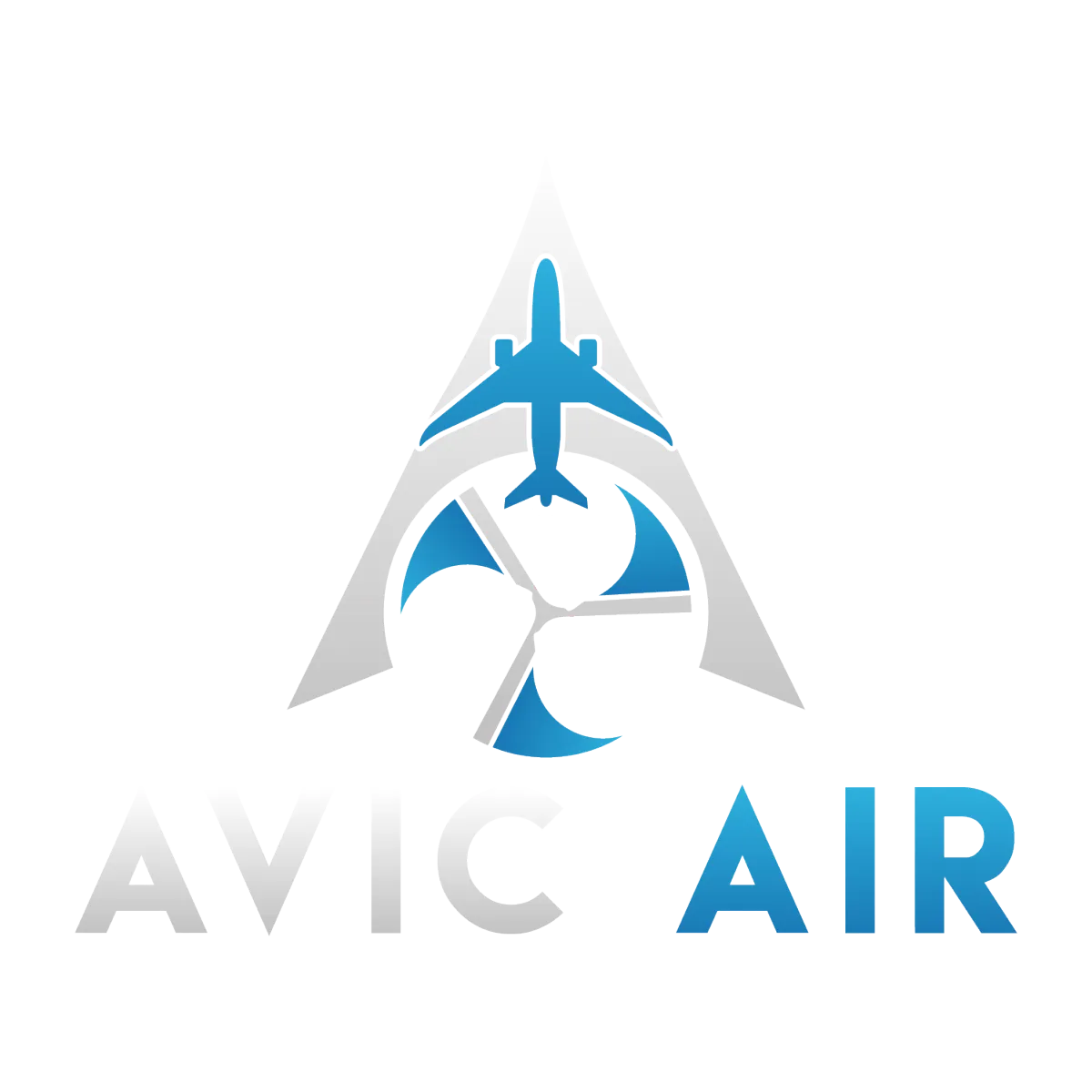Innovative Ideas and Strategies for Aeronautical Success
Aviation Career

The Misunderstood Pillars of A Pilot's Career Journey
The Misunderstood Pillars of A Pilot's Career Journey
For many entering the aviation industry, there's an exhilarating rush as they rush to obtain their pilot certificates and ratings. The common notion? These qualifications will set them up for their dream job with major airlines. Yet, a staggering number of aspiring pilots face a harsh reality when they're consistently overlooked in the interview process. What's missing? Let's deep dive into the full spectrum of what truly makes a pilot 'airline-ready'. In the world of aviation, pilots encounter more than just the operational pressure to fly in inclement weather and with mechanical hitches. They face career obstacles that can stymie their progress, affecting their potential and job satisfaction. Recognizing these hurdles, we've designed a four-phase approach, uniquely addressing each challenge and propelling pilots towards their highest aspirations.

Phase 1: Technical Preparation
☑️ Manage your knowledge with this bonus guide to your career coaching.
Objective: Fortify one's grasp over aviation fundamentals. At the onset, there’s no denying the criticality of thorough technical training. Our course parallels a Part 141 syllabus, acting as a comprehensive training course outline (TCO). This phase not only ensures a pilot clears all possible technical queries in interviews but also transforms them into educated consumers of aviation data. Think of it as the foundation of a house. Without it, the structure is bound to collapse.
The Challenge: Pilots sometimes have a fragmented understanding of their field. This can manifest in errors during flight, reduced confidence, and hindered professional progression.
Detailed Objectives: Each module is a mission, not a mere lesson. For example, while exploring navigation systems, pilots get to study real-life mishaps due to navigation missteps and how to prevent them.
In-Depth Knowledge Areas: Our curriculum doesn't cut corners. While learning about aerodynamics, pilots go beyond basic principles to explore how wing design nuances can influence a plane's overall efficiency.
Addressing Common Errors: We don't just point out mistakes; we train pilots to sidestep them, ensuring they’re primed for real-world applications.
Phase 2: Virtues and Attribute Training (Soft Skills)
☑️ Get on-the-job coaching during bi-weekly live Q&A sessions to integrate the necessary virtues and attributes during the process of skill-building and time-building.
Objective: Develop the attributes that make a holistic aviation professional.
Now, here's where many pilots fall short. A prevalent misconception is that major airlines are primarily fixated on pilot certificates and ratings. In truth, the heart of the interview process seeks to discern more nuanced qualities. Does the pilot possess leadership prowess? Are they apt in communication, CRM, ADM, and customer service? Do they uphold strong ethics and values? Can they navigate problems with agility?
These behavioral attributes aren't merely 'nice-to-have'; they're crucial. However, such virtues aren't cultivated overnight. They require continuous coaching, introspection, and real-world application. By initiating this phase of coaching early on, even as you're accumulating flight hours, you're ensuring that when the big interview day comes, your soft skills are as honed as your technical ones.
The Challenge: While many pilots excel technically, they might be unprepared for teamwork dynamics, effective communication, or leadership situations. This can result in miscommunications and decreased team efficacy.
Advanced Leadership & Command: Real-world situations, like pilots effectively navigating a sudden storm and leading their crew efficiently, become case studies to understand the essence of leadership.
Communication & Customer Service: We address scenarios such as a pilot pacifying apprehensive passengers in turbulence, emphasizing the value of apt communication.
CRM, ADM, & Ethics: Past aviation incidents where decision-making played a crucial role are analyzed, allowing pilots to grasp the weight of these skills.
Interactions and case studies ensure that these skills aren't just theoretical but are ready for real-world application.
Phase 3: Interview Prep, Marketing, and Persuasion
☑️ Develop your personal brand, get all of your applications reviewed, and book interview coaching to get selected and influence your interviewers to give you the keys to their aircraft.
Objective: Effectively present one's skills and experiences.
Contrary to popular belief, interview prep isn't a magical remedy you pop the night before. Likening it to a 'diet pill' is a gross understatement of its weight. A pilot might be exceptionally skilled but flounder in interviews due to lack of preparation. Our course equips pilots with the ability to confidently narrate their journey, highlighting both their technical and soft skills. Remember, an interview is less about ticking boxes and more about conveying a holistic narrative of your competence and character.
The Challenge: Despite being skilled, pilots might falter in interviews, not effectively showcasing their strengths or struggling with intricate questions.
Narrating Phase 1 & 2 Skills: We coach pilots on how to weave their experiences into compelling narratives. For instance, recounting a difficult flight, emphasizing both technical prowess and team collaboration.
Branding & Positioning: Guidance on optimizing online profiles and sharing insightful industry content turns pilots from mere applicants to industry thought leaders.
Understanding Interview Dynamics: Mock interviews help pilots grasp how certain answers can resonate with interviewers or how their demeanor can impact the interview's outcome.
This phase transforms pilots, equipping them to stand out in a competitive job market.
Phase 4: Part 121 and Part 135 Sector Mastery
☑️ Use our bonus blueprint guide develop the skills necessary to avoid washing out of initial training.
☑️ Connect with your colleagues in our private community to get the advice you need for career advancement within your sector.
Objective: Seamlessly adapt and excel in a constantly evolving aviation sphere.
Having cleared the interview, the journey doesn't end. The aviation industry is demanding, with continuous evaluations and assessments. Our training ensures that pilots don't just scrape through but truly master the intricacies of Part 121 or Part 135 sectors as appropriate. This understanding aids in career longevity, ensuring a pilot isn't just qualified, but is genuinely competent.
The Challenge: The aviation industry's rapid evolution can be daunting. Pilots may find themselves struggling to keep up, potentially missing out on growth opportunities or feeling insecure about their role.
Advanced Study Techniques: We introduce pilots to learning methods tailored for aviation, such as unique memory aids for intricate flight systems or interactive simulations for cockpit operations.
Adapting to Different Sectors: As pilots transition across sectors, we provide insights into different organizational dynamics, aiding in faster and smoother adjustments.
This phase ensures pilots not only stay updated but are always a step ahead, ready to lead and innovate.
The Bigger Picture: The World of Professionals and the Role of Coaching
Look around. Whether it's sports, business, or art, professionals at the top of their game invest in coaching. The aviation industry is no different. To dismiss the gravity of consistent coaching is to undersell one’s potential. Yes, you might be qualified with your pilot certificates, but to be competitive and truly stand out, coaching is non-negotiable.
The journey of a pilot is filled with more than atmospheric challenges. Our four-phased approach addresses these career challenges head-on. Investing in this training isn't just about overcoming obstacles; it's about unlocking your fullest potential, ensuring the value derived far exceeds the investment made. Here's to not just flying, but truly soaring in your career.
In conclusion, while your technical skills might get your foot in the door, it's the blend of behavioral attributes, interview preparedness, and sector mastery that will ensure you not only secure your dream job but also excel in it. Our comprehensive course is designed keeping in mind these multifaceted requirements, offering a holistic path for pilots to truly elevate in their careers. Don't just aim to fly; aim to soar.
STAY BRIEFED
Sign up to be the first to find out when something new lands:
-Events
-Articles
-Podcast
-Courses
Large Call to Action Headline
A-V-I-C stands for Aviation Intelligence Community. Our mission is to improve the quality of life for aviators through shared experience. Be sure to join us on the social media sites @avicair, we love sharing ideas, experience, and intelligence to propel our industry forward.



Facebook
Instagram
X
LinkedIn
Youtube